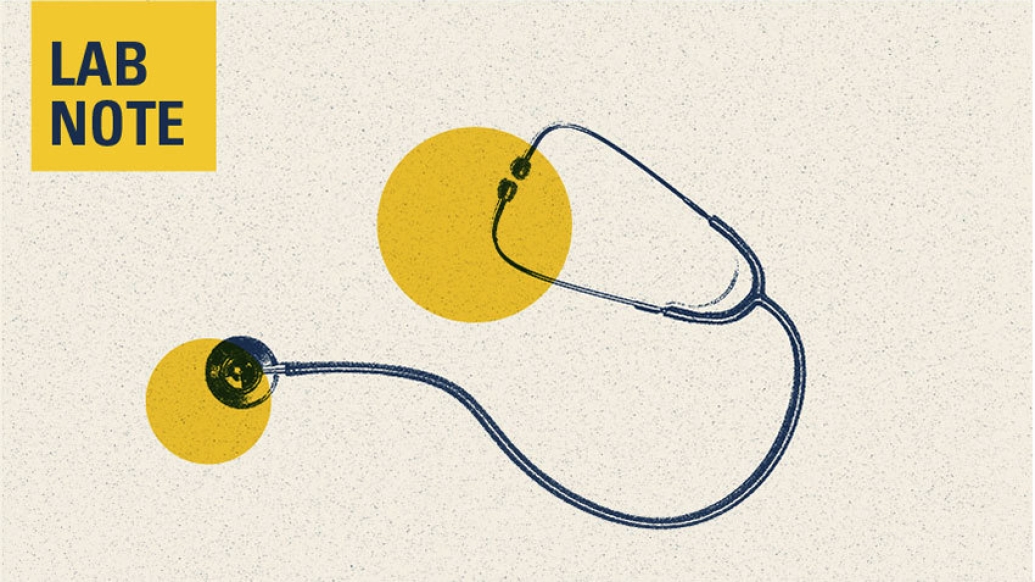The “Wikiguideline” approach establishes recommendations only when high-quality, hypothesis-confirming evidence is available.
11:00 AM
Author |

To improve the process for establishing medical guidelines, a group of international researchers are taking a new approach that leans on online collaboration and high quality data.
The novel "Wikiguideline" takes inspiration from Wikipedia, an open-access encyclopedia in which online collaborators contribute to the creation of reference material. Using osteomyelitis, an infection of the bone, as a test case, researchers from Michigan Medicine joined more than 60 contributors to establish a guideline for management of the condition. The results are published in JAMA Network Open.
"This is an innovative, evidence-based and consensus-driven method that has not been published before in medical literature – one that is relatable and inclusive," said Jaimo Ahn, M.D., Ph.D., FACS, co-author of the paper and an orthopaedic surgeon at University of Michigan Health.
"In practice, the Delphi method assembles a small number of experts who comment and vote. In this Wiki, we use the same systematicity used in the Delphi, but all the methods, evaluation and determination of recommendations are open and transparent to all of the many members of the group. Another important distinction is that in the Delphi method, and others like it, great effort is made to force consensus upon a group, even when group members actually disagree. In contrast, we sought to highlight such disagreements when no high-quality data were available to resolve them."
Researchers came together in June of 2021 and February of the following year to tackle seven questions regarding proper practice for treating osteomyelitis, which is a common cause of illness in hospitalized patients. They found the data sufficient to establish definitive recommendations for only two questions: increasing the adoption of oral antibiotic therapy and limiting the duration of therapy. For the other five questions, researchers say the data available were insufficient to support a clear recommendation.
The traditional framework for developing clinical practice guidelines is the GRADE system, in which individuals grade the quality of evidence before applying it to a specific outcome. Ahn says using this system would have resulted in recommendations even with lower quality of evidence.
"This Wiki method is remarkable for many reasons – it would also allow clinical guidelines to be more up-to-date," said Shiwei Zhou, M.D., co-author of the paper and an infectious disease physician at U-M Health. "And it acknowledges the uncertainty behind many expert recommendations."
The next step for the research group is to tackle other important clinical questions where an inclusive, expert-driven yet evidence-based and systematic approach would be helpful.
"If you have a problem and expertise, perhaps you might be a part of the next solution," Ahn said.
Paper cited: "Use of Novel Strategies to Develop Guidelines for Management of Pyogenic Osteomyelitis in Adults," JAMA Network Open. DOI: 10.1001/jamanetworkopen.2022.11321

Explore a variety of healthcare news & stories by visiting the Health Lab home page for more articles.

Department of Communication at Michigan Medicine
Want top health & research news weekly? Sign up for Health Lab’s newsletters today!





